Photo by Javier Allegue Barros on Unsplash
It’s been an interesting 2 ½ years for HR professionals learning how to adjust, be flexible, change thought processes, update policies, and more through a world-wide pandemic. Now that organizations are implementing a return to office environment, we’re seeing a focus on employee engagement. How do HR teams adjust? And what direction should HR take moving forward? We invited Nick Jesteadt, Senior Director of People Analytics at TIBCO to join one of our podcast episodes to answer those questions and more. Let’s first start with finding out more about TIBCO.
What Is TIBCO?
TIBCO Software Inc. was founded in 1997. TIBCO’s revolutionary software allowed communication within the financial markets to occur in real-time and without human intervention. Over the years, TIBCO has evolved, which has allowed their company to stay up-to-date on the latest technological advancements in their field and increase both revenue and assets. In 2014, Vista Equity Partners acquired TIBCO and aided in business ventures. Since the acquisition, TIBCO has continued to flourish, purchasing and incorporating numerous technology platforms and companies, as well as doubling down on philanthropic efforts.
The TIBCO Executive Leadership team comprises a respected roster of TIBCO veterans and accomplished industry professionals who direct the company’s global vision and strategic decisions. They lead by example, putting people first—which translates into an energetic culture and success through dedication.
Who Is Nick Jesteadt?
I had a great time chatting with Nick Jesteadt on our podcast. Here’s a little bit of information about Nick’s background and present role.
I asked Nick how he ended up in the wonderful world of HR. His background was in mathematics, economics, and computer science. He didn’t start his career thinking he would be in human resources. But he had a phenomenal mentor at the time when HR analytics and data science were in their infancy. His mentor reached out to him and asked if he’d like to do data science for HR, and he took the plunge. That’s how he got started in HR and has never looked back.
Nick’s current role is Senior Director of People Analytics. Nick is driven and passionate about the use of data science to unlock the strategic potential of HR. He strives toward deciphering and interpreting hidden trends to guide data-driven decision making in fast paced, growing companies.
The data behind an organization’s hiring, engagement, career development, compensation philosophy, and retention strategies is fascinating. Being able to weave that data together into an informed story is compelling and Nick is dedicated to uncovering obscure and latent insights through people analytics. Nick creates dashboards and consults with HR on making their insights actionable and maximizing the efficiency and value informing key, critical business decisions.
Now, let’s dig into the topic of the podcast…
What Direction Should HR Take Moving Forward?
Historical HR
Typically, HR has been known for supporting the business with a focus on textbook, anecdotal processes. In all honesty, HR’s reputation has been that the role is a bit dense or daft because they haven’t been plugged into the rest of the business. For example, Finance tends to be very successful as a team because of the integration of data and insights. Then activating those insights into actions and creating business plans.
Current HR
Today, there are two cultures of HR:
- Resting on what they know – philosophy
- Being transformative, innovative, and sometime provocative with data
Now HR should be data-driven, strategic, and speak with the same authority and vision of a CFO.
The Art & Science of HR
HR is both art and science. Art is the side of HR that provides the human, personal touch. This is where HR leads with empathy and communicates well with the workforce. Science is the side of HR that has automation that comes from systems and looks at data and analytics. How do you know what needs to remain as core competencies?
It’s a balancing act that HR must take. You must become more data-driven while retaining the personal touch.
Key Takeaways:
- If you’re ignoring data-influenced and data-activated HR, then you’re missing out on the ability to have meaningful conversations to show that HR is smarter and faster than ever before.
- Start small. Data can be intimidating. You don’t need to have a transformative, AI influenced, machine learning, regression model that predicts your attrition!
- Power through data comes from the ability to say here’s our attrition and show it on heat maps by different groups such as tenure, management, influence of DE&I, functional areas, regions, and so forth. Then pinpoint where there are problems and where the organization is strong.
- If you’re not doing anything with data, then you’re just guessing and throwing darts in the dark.
Discover More
There’s much more we cover in the podcast, such as:
- There’s a lot of talk about HR having more empathy than ever before. How do you go about doing that?
- Remote work isn’t going away, so how does HR learn how to manage remote workforces better and support tactics with data?
- How does empathy affect the corporate culture?
- Should there be career paths laid out for HR professionals, or should it be a “choose your own adventure” experience?
- What are key skills that HR professionals must have today?
Listen to the whole podcast here: What Direction HR Should Take Moving Forward
It’s a quick 19 minutes and is packed full of useful information that you can start putting into practice right away!




